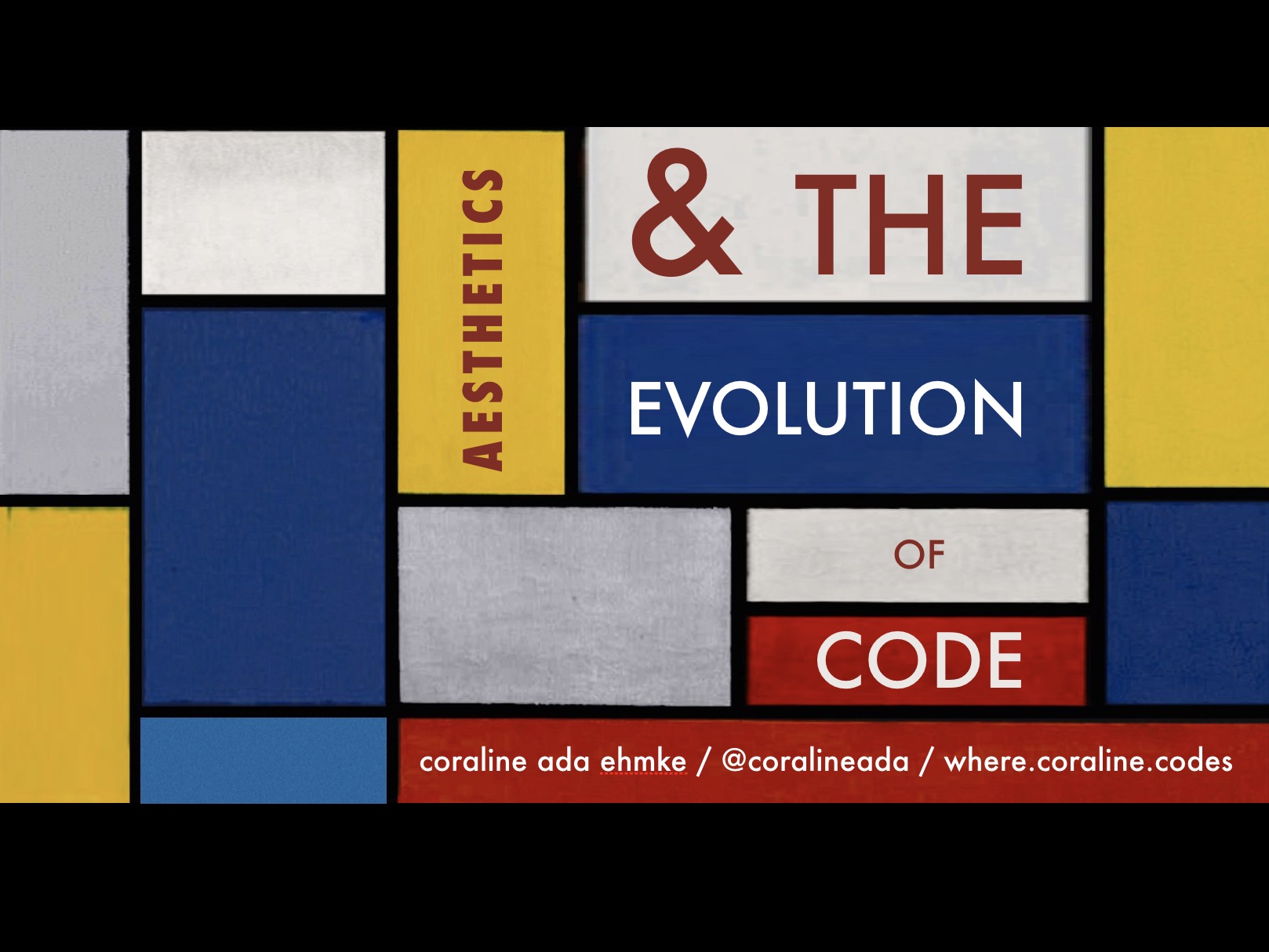

Symmetry. Simplicity. Elegance. Patterns.
Much of how we understand, describe, and value code is based on subjective criteria that are easy for us to grasp intuitively but almost impossible to define or communicate objectively.
Can advances in applied aesthetics and theoretical neurology provide insights into the advantages and disadvantages of relying on such elusive criteria? Do mathematical and evolutionary theories indicate that our code evolves aesthetically to enhance its survivability, durability, and success?
This talk explores the role that concepts such as beauty, sublimity, completeness and simplicity play in the way that we model reality in software, relate to our own and other people's code, and ultimately measure the value of our work as professionals.